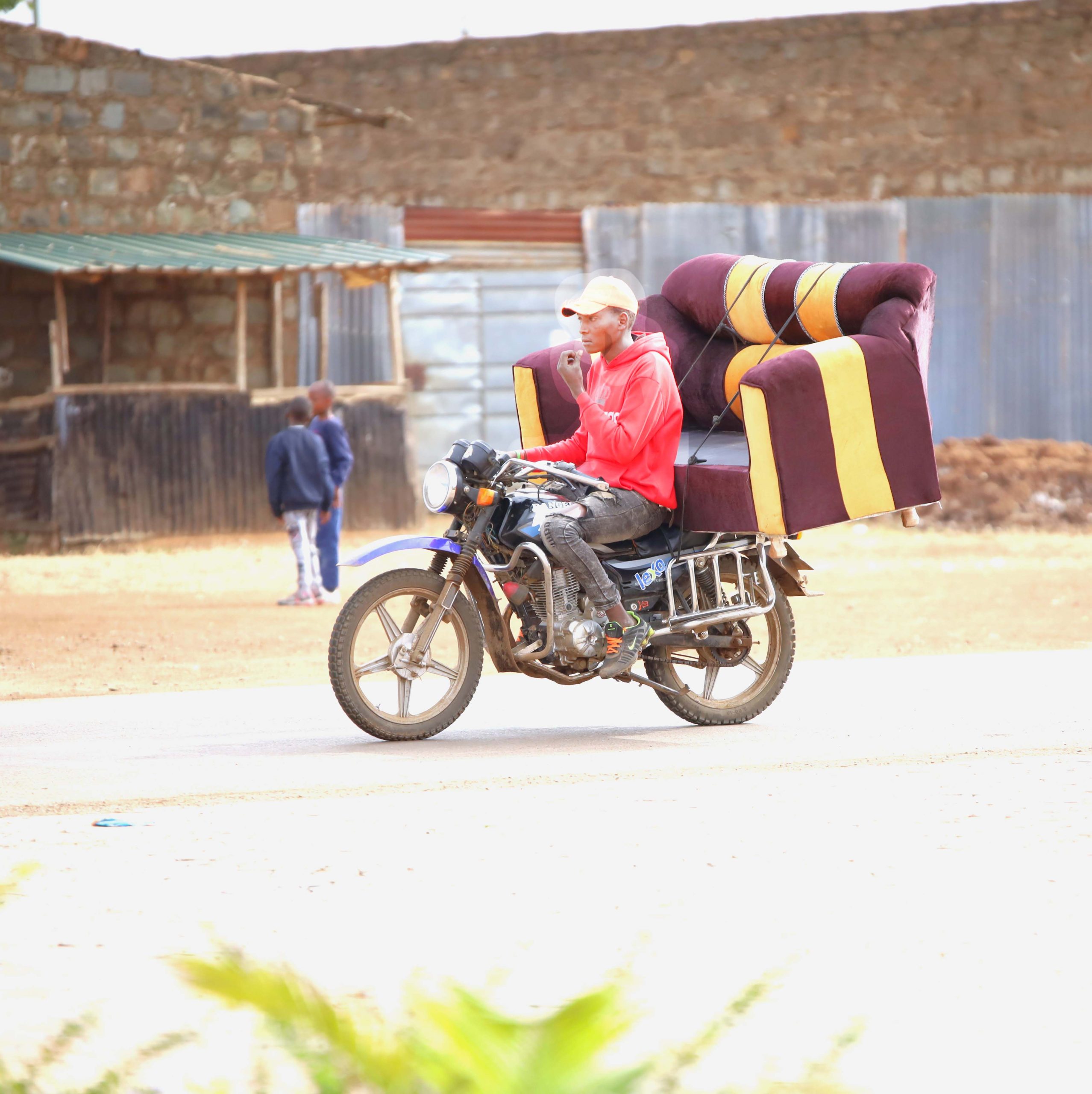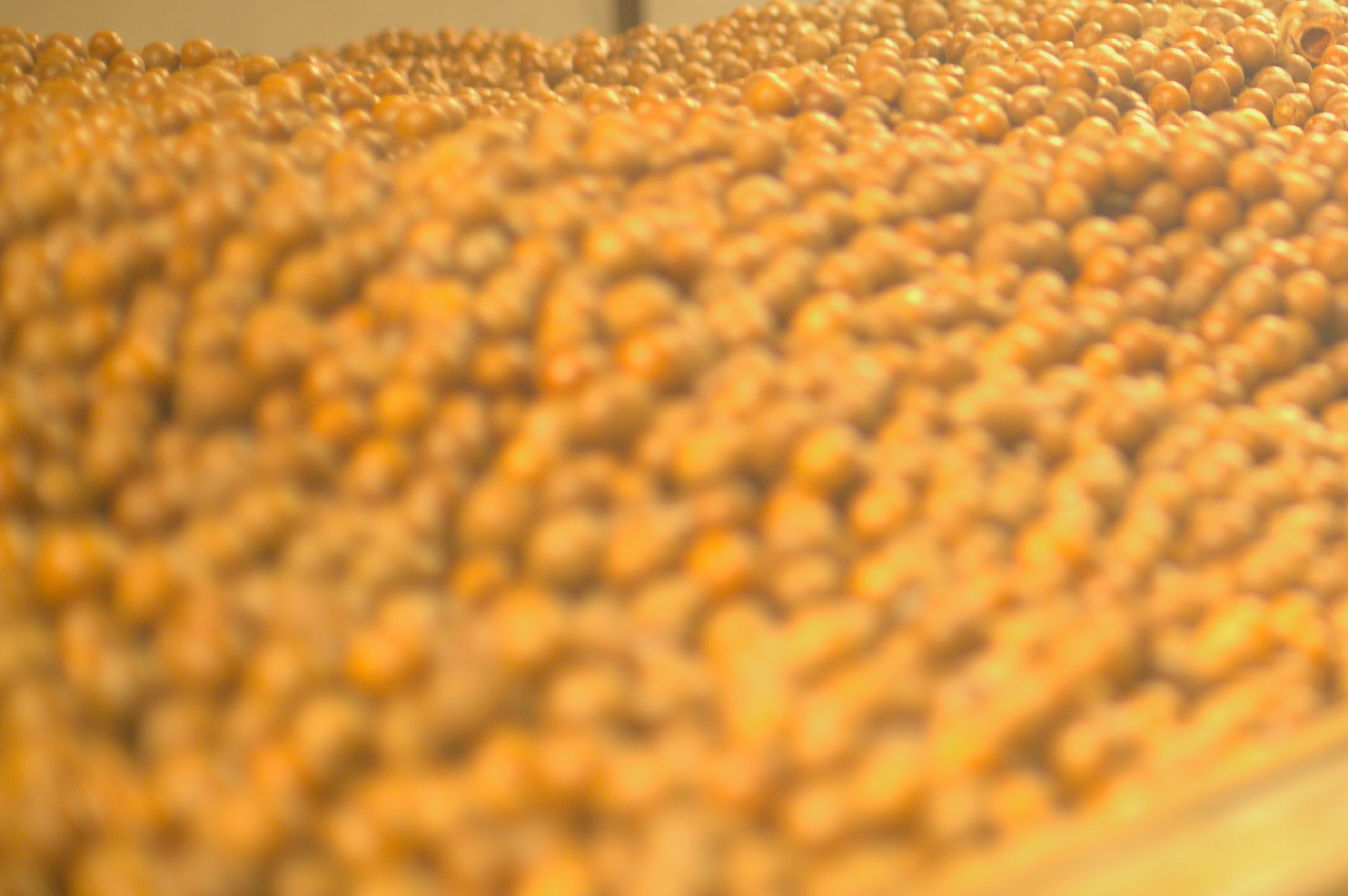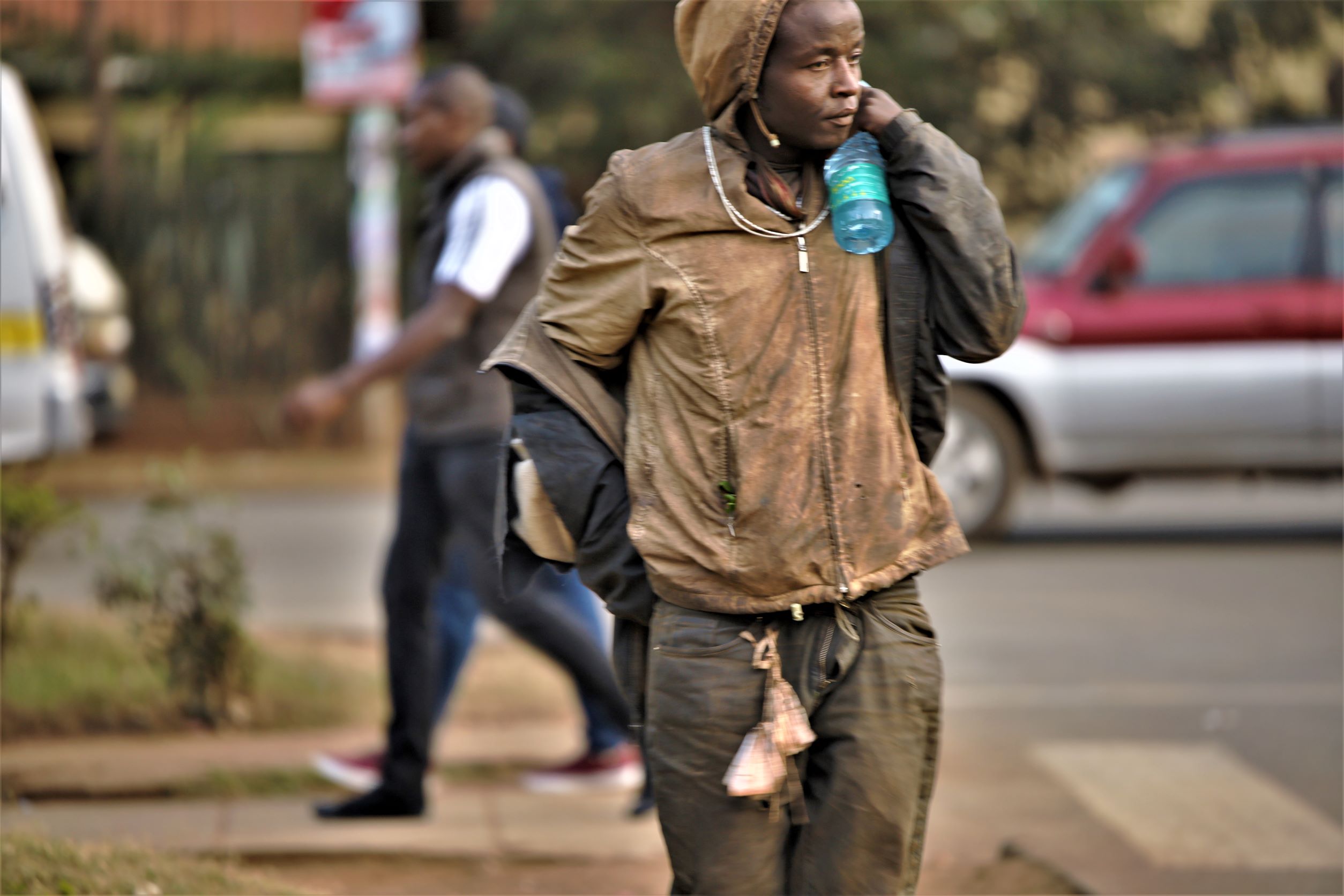The Biggest Heist in History

They Came They Saw They Conquered. Dancers Colonize the City As if Nothing Else Existed Before (Image By Amadi Kwaa Atsiaya
If you are a student of African history, then you must be already in the know that in 1884, Germany, together with other European countries held a conference in Berlin (the infamous Berlin Conference). In this conference, they plotted how they were going to invade countries on the continent of Africa, ultimately turning them into their vassals. I am least interested in the liege interaction between the two sides in the dispossession and subsequent subjugation of the natives.
As a result of the Berlin Conference, Germany awarded herself among others, a huge swathe of land in the East African region. They called it German East Africa (present-day Tanzania). I will steer clear of all the emotions that are evoked by this type of behavior by a supposedly civilized set of states towards those they considered as stuck in an ancient time warp. Of concern to me is how those events, almost two centuries after, resonate with what we are witnessing today.
The Water That Melted Bullets

Water Innocently Sits On a Street, But It Could Dissolve Bullets (Image By Amadi Kwaa Atsiaya)
For the sake of milking history, let us proceed just a bit. Of course, it’s not an insult rather than an honest appraisal of the inhuman and kleptomaniac colonial empire to say that the colonial legacy dented the African mind for generations to come. This is not a space where we dwell in lachrymose gazing over our shoulders, so I shall avoid that path and instead want to set the record straight that the African did not take it lying low, nor was he the savage described by the likes of American author Robert Ruark who wrote Something of Value in 1955. Very many resistance groups sprang up in various parts of Africa to fight these invaders. One of these groups was led by a spiritual leader called Kinjeketile Ngwale. He was a true patriot of what was then known as Tanganyika. This was before the unification of mainland Tanganyika and the islands of Pemba, Zanzibar, Mafia… into what in the present day is known as Tanzania.
Too Heavy a Brainchild

Big Load (Image By Amadi Kwaa Atsiaya)
Kinjeketile used religion as a tool to fight colonialism. He organized a resistance known in history as the Maji Maji Rebellion. This gave Tanzania one of her most prominent tragic heroes, just as Dedan Kimathi of the Kenyan freedom struggle stands in Kenyan history. Many years later, a Tanzanian playwright, Ibrahim Hussein wrote a play that gave a theatrical interpretation of this monumental historical event. It is far from my interest to delve into the details of the play. However, in the closing scene, the main character, Kinjeketile Ngwale is seen in jail; as a captive of the German forces. He gives a cryptic statement that could imply both regret and the unstoppable nature of the struggle he started. For all those who are familiar with Ebrahim Hussein’s play, Kinjeketile’s final words ring with an obstinate echo; “Mtu hulizaa neno, neno likawa kubwa kumzidi, na likamwangusha (A man gives birth to a word, the word grows bigger than the man, and it eventually topples him).” This post is inspired by these words, and it could not be well understood without the historical background.
Big Expectations

The Nuts Of Wrath. Uncracked Macadamia Nuts (Image By Amadi Kwaa Atsiaya)
With that being said, let us hop back to the present day and make the connection. For the last two posts, I have been discussing the pronouncement by the Kenyan cabinet secretary for trade to the effect that the decade-old ban on the exportation of unprocessed macadamia nuts had been lifted at least for one year. That is against the backdrop of the push by some members of the Kenyan Senate to have the ban lifted permanently. I have been trying to understand the wisdom that informed this decision, as demonstrated in the two previous posts. Of utmost concern to me has been, not really the decision, but the promise given to the farmers by the government, that they are going to receive astronomical figures in payment for their product. According to what was reported in the media, the government had assured farmers that they were going to receive an equivalent of USD 30 per kilo of in-shell nuts. According to me (and I have already said it twice), this is impossible. Another report from Australia says that despite the falling farmgate prices, consumers should not expect cheap nuts any time soon. This again demonstrates the market dynamics that might not exactly align farmgate prices with the retail prices; further suggesting that the perceived exploitation of farmers by the Kenyan processor could be a misreading of the market. (second link)
Good Music but Is It Real?

Some music Is Good For The Ear But It Could Be Unreal (Image By Amadi Kwaa Atsiaya)
In my previous post, I quoted John Kigo, a long-time player in the macadamia sub-sector, and he expressed his skepticism about the new prices as quoted by the government, citing Australia and South Africa as the leading lights who have already onboarded those, we in Kenya are eyeing as our potential customers that are going to give USD 30 at the farmgate. Very juicy, but is it tenable? A report in ABC Rural posted on the second of May 2023 is entitled “Consumers benefit as macadamia growers suffer price cuts due to a global glut.” If we have been together so far, that should sound familiar. (first link)
Prices to Beat

The ebb and flow of Prices Driven By Market Forces (Image by Unsplash.com)
The report further states that farmers are being offered 1.70 Australian dollars per kilo. It is acknowledged that this is way below the cost of production. Let us convert that to Kenyan shillings and we get around Ksh.157. This is as compared to the better prices that were being offered a few years ago, which stand at 6 Australian dollars per kilogram. That, in Kenyan shillings, amounts to around Ksh. 554 at the current exchange rate. According to this report, there is a campaign in Australia aimed at increasing macadamia consumption by locals in a bid to move the stocks that are currently stagnant, as an aftershock of the COVID-19 period. Wayne Gersbach, the CEO of Nutworks is quoted as saying that there is a huge stockpile of kernel internationally, promising a rough ride till the time this kernel stock shall move. On her part, Nutworks international sales manager Sarah Leonard foresees a very tough season for growers, as the consumers smile all the way to the supermarket, for the price of macadamia on the shelf is expected to remain low, till the situation stabilizes again.
These are the facts that the world leader in macadamia has shared with the world. We have seen that even during the better days when the Australian farmers nostalgically reminisce around their bonfires, what the Kenyan farmer is being promised is beyond heaven. It could be the case of the discovery of the Holy Grail or the Ark of the Covenant by the Kenyan cabinet secretary. The business logic that will give the Kenyan farmer a whooping Ksh. 3,000 per kilo as a better alternative for Australia’s Ksh. 157 for in-shell macadamia nuts is yet to be shared by the rest of us common mortals.
Kinjeketile Reborn?

A Diviner on the Beat (Image by Amadi Kwaa Atsiaya)
So, what’s Kinjeketile got to do with it? One of the doctrines that inspired the Maji Maji uprising was the belief propagated by Kinjeketile, that the concoction of millet and water splattered on the fighters, would turn the German bullets into water, and nothing could harm the freedom fighters. It is true, Kinjeketile had very clean and noble intentions. However, on the battlefield, things were different. The water did not dissolve the bullets, and it was a field day for the Germans, who relished the massacre. Just as Moses Kuria, the current cabinet secretary for trade in the Kenyan government, Kinjeketile Ngwale did not offer any scientific evidence for his assertion that the Kenyan macadamia nuts can actually be bought at USD 30 as promised to the farmer. What market forces are going to give Kenya such a favor, he has not shared.
Whatever the outcome of the Kinjeketile Ngwale-led rebellion, his position in colonial African history shall never be diminished. The man we are juxtaposing with him in the current dispensation might as well earn himself a place in the ignominious hall of fame for making pronouncements that are supported by neither the current market situation nor recent history. The only thing Moses Kuria might share with the great Kinjeketile Ngwale is musing about someone giving birth to a word, which outgrows him and eventually brings him tumbling to the ground. While history continues to celebrate Kinjeketile in perpetuity, Moses Kuria might end up with an egg on the face; remembered as the man who peddled a white lie to macadamia farmers in Kenya.
Written By Amadi Kwaa Atsiaya.






